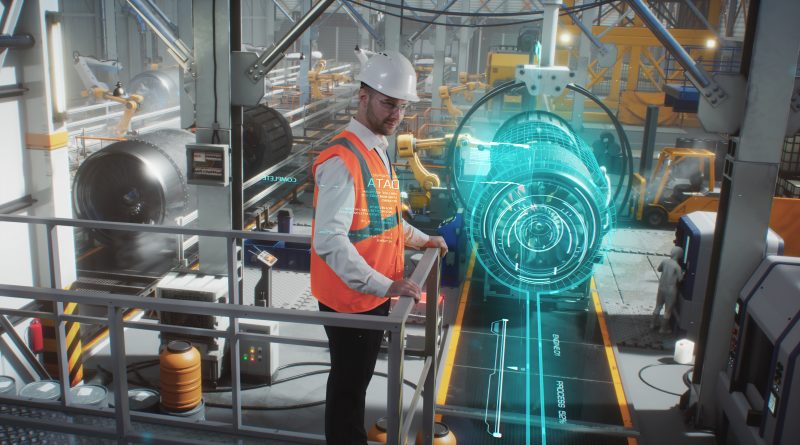9 ways AI is transforming the construction industry
Artificial intelligence (AI) is transforming a wide range of industries, and construction is no exception; from improving safety to increasing efficiency, AI is helping companies streamline their operations. Read on to discover nine specific ways AI is promising to transform the construction industry.
Safety
One of the most important ways AI is transforming the construction industry is by improving safety. AI-powered sensors and cameras can monitor job sites in real-time and identify potential hazards, such as a lack of proper safety equipment, incorrect usage, or equipment that is not functioning properly. It can also analyze data from past projects to identify patterns and predict potential safety issues, helping companies eliminate hazards in the future.
Planning and design
AI also helps companies optimize their planning and design processes, as well as prefabrication. It can analyze data from previous projects, for example, to identify areas to reduce costs or improve efficiency. In addition to saving time and money, this helps construction companies improve the overall quality of their projects.
Project management
By identifying potential delays or cost overruns, AI-powered project management tools help companies stay on track and within budget throughout the project by suggesting solutions to minimize the impact of such potential difficulties.
Resource management
AI helps construction companies to optimize the use of their resources, such as materials and labor, by identifying areas where waste can be reduced, or where resources can be used more efficiently.
Quality control
As AI-powered sensors and cameras can monitor construction sites in real-time, companies can ensure that work is being completed to the highest possible standard. This helps to prevent mistakes or defects from occurring and ensures projects are completed to both clients and regulatory bodies’ satisfaction.
Predictive maintenance
By predicting when equipment is likely to fail, and scheduling maintenance before problems occur, AI enables construction companies to reduce equipment downtime and maintenance costs. This helps in the long term too, as it avoids costly repairs and keeps projects on schedule.
Autonomous vehicles
AI-powered vehicles can be used on construction sites to transport materials and equipment, simultaneously reducing the need for human labor and improving safety. These vehicles can also be programmed to operate more efficiently, reducing fuel consumption and emissions, which also ties in with sustainability initiatives.
Real-time collaboration
Collaboration tools powered by AI help businesses to improve communication and collaboration between teams working on different aspects of a project. More specifically, real-time data sharing and analysis enables teams make better decisions and work more efficiently as a collective group.
Sustainability
Finally, AI is helping businesses improve their sustainability efforts. By analyzing data on energy consumption, emissions, and other environmental factors, AI informs companies of the areas where they can reduce their environmental impact and improve their sustainability performance.
To conclude, AI empowers construction companies to safeguard their workforce and project integrity. By integrating AI-powered safety measures, companies not only reduce risk but also create a culture of responsibility, making sure that every worker returns home safely while delivering projects of the highest quality. This emphasis on safety highlights the impact of AI on reshaping construction practices and human well-being.
